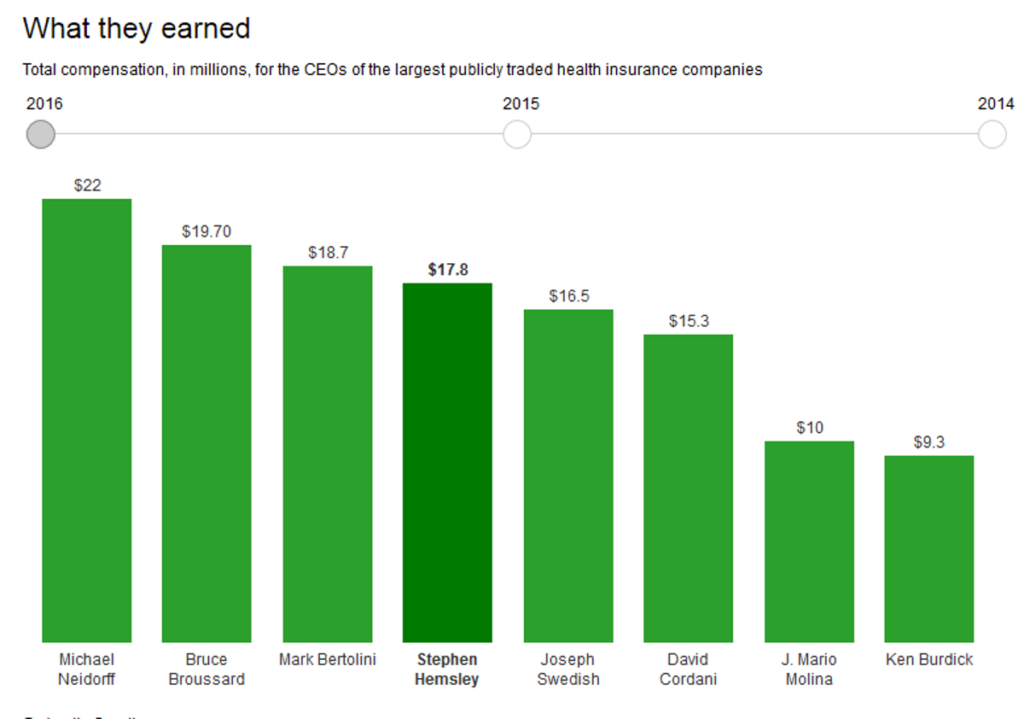How could we possibly pay for a national healthcare system?

Other than the United States, virtually every other developed nation on earth has some sort of national healthcare system. That does not necessarily mean that the government runs all healthcare, but simply that some system is in place to assure that everyone has access to healthcare regardless of their economic status or health.
As a practicing emergency medicine physician I am constantly seeing the impact that our profit-driven medical system has on the health of real people- for example, individuals whom I diagnose with a significant medical problem, but who cannot get the necessary follow-up, because clinics will not see them for lack of insurance. Sometimes this lack of follow-up can have severe long-term consequences for their health and well-being.
We need to join the rest of the modern world and provide some sort of healthcare for everyone, regardless of their income.
But how will we pay for such a system? No one wants more taxes.

The answer is simply that we are already paying far more than we should for healthcare. Healthcare has become a giant cash cow, milked by millions of investors and businesses, the vast majority of whom contribute little or nothing to the actual delivery of healthcare.

If you could see the physical suffering of so many people, you too might begin to wonder how it is that we have allowed healthcare to become such a gigantic revenue-generating opportunity. How is it that the profits of stockholders and the exorbitant salaries of administrators have become more important than the pain and distress of the common person?


Our healthcare system has become so warped, that doctors and nurses in the trenches spend as much, or more time, worry about the information they are entering into computers than they spend with the actual patients they are treating. And while some of that information is being entered in the best interest of the patients, much of it is being entered specifically for the purposes of billing, to comply with regulations, and to ward off the theoretical possibility of lawsuits.
Likewise, an increasing amount of providers’ energy is spent in pursuit of “patient satisfaction,” primarily so that hospitals can hold onto or increase their market share. This is one of the reasons why hospitals offer so much artery-clogging food in their cafeterias, rather than working to show the way to health through diet.
Healthcare has become a very expensive enterprise, in part due to technological advances, but primarily due to the fact that everyone who’s even peripherally involved in the delivery of healthcare, wants a premium for their product or service, because it is healthcare related.

I believe that people who are physically involved in the care of other human beings should be well compensated for their efforts, but I do not believe that the delivery of healthcare should be driven at all levels by the profit motive, as it is currently.
Go ahead and make all the money you want from fashion, entertainment, social media, luxury cars, and other nifty gizmos, but stop sucking the life out of ordinary people’s health!
Recent Comments